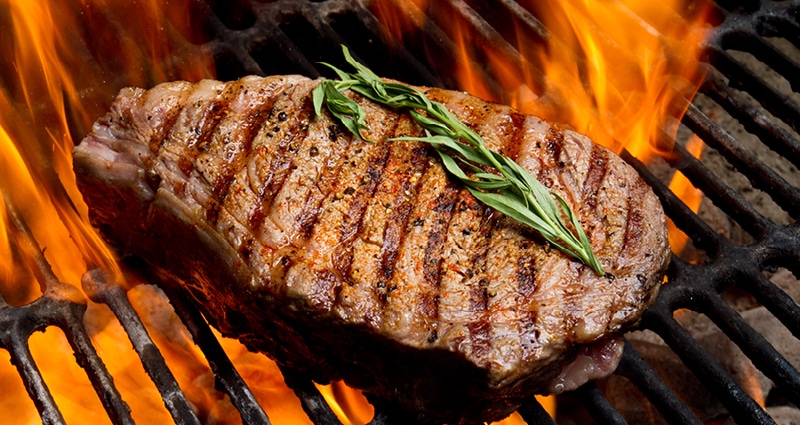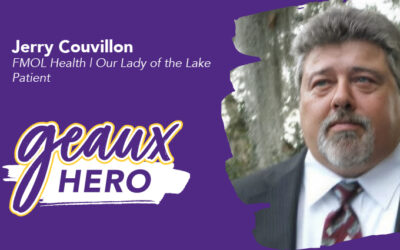Carcinogens, or substances that can cause cancer, are all around us.
They’re in cigarettes and secondhand tobacco smoke, in the exhaust from diesel trucks, and in chemicals commonly found in industrial jobs. But are there really carcinogens in the food you eat — that is, are there foods that cause cancer? And can other foods prevent cancer in humans? The answer is more complicated than you might think.
Certain Diets Are Linked to Increased Cancer Risk
So far, research has not definitively found that eating any one food causes cancer the way that smoking cigarettes does. However, studies have found that increased consumption of certain foods are linked with a higher risk of developing cancer. This doesn’t mean that if you eat these foods that you will get cancer, but it does mean that it’s probably healthier to limit how much cancer-causing foods you eat.
Processed Meats and Ultra-processed Foods Have the Highest Risk
Cured, smoked or fermented meats are classified as processed meat. The World Health Organization has designated processed meat as a carcinogen and red meat (beef, pork and lamb) as a Group 2A carcinogen — probably causes cancer.
Again, this does not mean that eating a muffuletta will give you cancer, but multiple studies have found that people who eat more processed or red meats are associated with having a higher likelihood of developing colorectal cancer. That means if you eat a burger for lunch every day, you may be at a higher risk.
Other studies have found that people with a diet high in ultra-processed foods have an association with some types of cancer, including breast cancer and colorectal cancer in men, and may be linked to ovarian cancer. Ultra-processed foods have added ingredients such as sugar, fat, salt or shelf stabilizers. Most snack food, frozen meals and fast food are ultra-processed foods.
Grilling Could Have Risks
Eating meats cooked at high temperatures may also increase the risk of certain cancers. Grilling or otherwise charring meat can form chemicals called heterocyclic amines (HCAs) and polycyclic aromatic hydrocarbons (PAHs). These chemicals can cause changes to your DNA. Studies in rodents found the chemicals led to cancer cells forming and increased the risk of prostate cancer and many other cancers. However, the lab rats were fed a diet extremely high in HCAs and PAHs — far more than you could get from grilling regularly. Studies in humans have been inconclusive, though some suggest frequent consumption of grilled meats could increase the risk of cancer.
Foods That Might Help Lower Cancer Risk
If you’re trying to lower your risk of developing cancer, you can start by quitting smoking and limiting alcohol consumption. Unlike meat, alcohol is a proven carcinogen linked to many cancers. Changing your diet to limit ultra-processed foods and red meat is another great start, as is getting more daily exercise.
Just like there aren’t any definitively cancer-causing foods, there aren’t foods that will prevent cancer, no matter what you read on social media. However, studies show that eating a diet featuring lean protein sources, whole grains, and fruits and vegetables, especially so-called “superfoods” full of antioxidants and phytochemicals, may help lower your risk of cancer (and heart disease, too). Try incorporating these foods into your diet:
- Apples
- Apricots
- Broccoli
- Carrots
- Cauliflower
- Hazelnuts
- Oranges
- Spinach
- Sweet potatoes
- Tomatoes
While no one can fully prevent cancer, scheduled cancer screenings, such as annual mammograms and regular colonoscopies starting at age 40, are your best bet to detect cancer early when it is more easily treatable.




